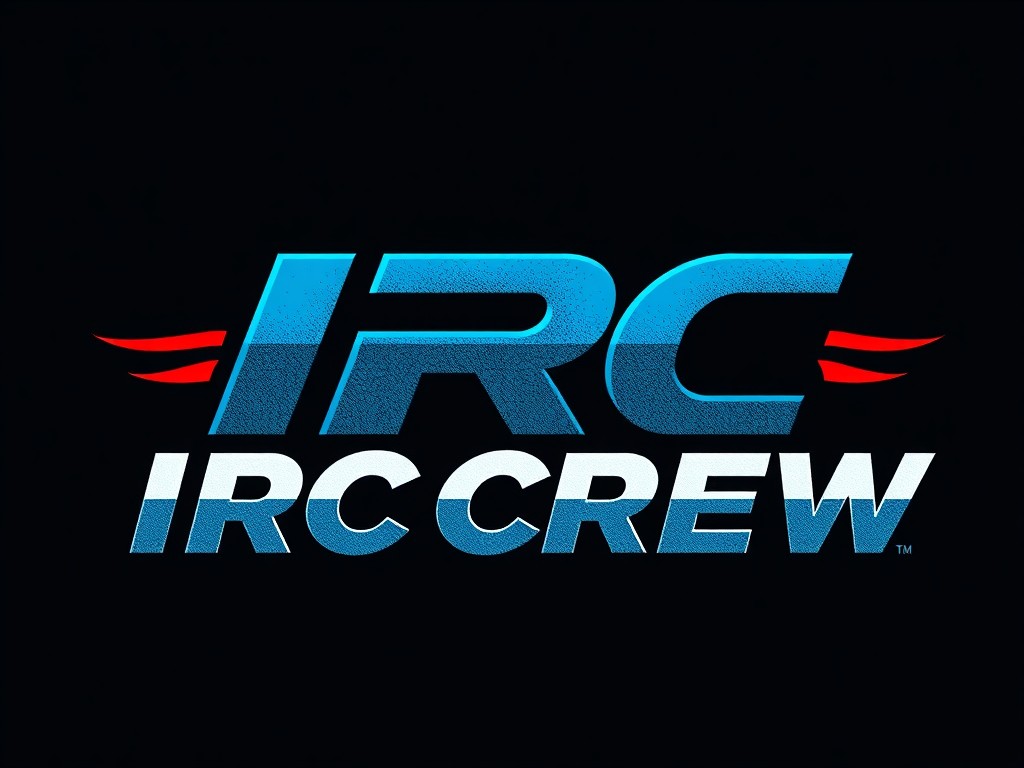The integration of blockchain technology into healthcare represents a significant leap forward in solving some of the industry’s most persistent challenges. With the promise of secure, transparent, and efficient data management, blockchain has the potential to revolutionize health care delivery. However, the implementation of blockchain in healthcare systems, particularly within the UK, demands careful consideration. This article delves into the best practices for successfully adopting blockchain within the UK healthcare landscape.
Understanding Blockchain in Healthcare
Before diving into best practices, it’s crucial to understand what blockchain is and how it applies to healthcare. Blockchain is a distributed ledger technology that records transactions across multiple computers to ensure that the record cannot be altered retroactively. This makes it ideal for healthcare applications where data integrity, security, and transparency are paramount.
In parallel : How Can AI Improve Energy Efficiency in UK Smart Homes?
In healthcare, blockchain can be used to manage medical records, ensure patient data privacy, streamline supply chain processes, and even enhance clinical trials. The decentralized nature of blockchain ensures that patients have more control over their own health records, and healthcare providers can access data seamlessly and securely.
Ensuring Data Security and Privacy
One of the primary concerns in healthcare is the security and privacy of patient data. Blockchain technology offers robust solutions to these challenges due to its immutable and transparent nature. However, implementing blockchain in a way that maximizes security and privacy requires careful planning.
Additional reading : How Can UK Financial Firms Utilize AI for Real-Time Market Analysis?
Firstly, it’s essential to use smart contracts to govern data access and sharing. Smart contracts are self-executing contracts with the terms of the agreement directly written into lines of code. They can automate data access permissions, ensuring that only authorized parties can view patient information. This can significantly reduce the risk of data breaches.
Secondly, encryption is vital. All data stored on the blockchain should be encrypted to protect it from unauthorized access. Additionally, using private blockchains or permissioned blockchains can offer an extra layer of security by restricting access to verified participants only.
Lastly, adhering to local and international data protection regulations, such as the GDPR, is essential. Implementing blockchain in a compliant manner ensures that patient data is handled responsibly and ethically.
Enhancing Data Interoperability
Data interoperability is a significant challenge in the healthcare industry. Different healthcare systems often use disparate data formats and standards, making it difficult to share patient information efficiently. Blockchain can address this issue by providing a unified platform for data exchange.
To achieve this, it’s important to establish common data standards and protocols. Collaborating with other healthcare organizations, technology providers, and regulatory bodies can help in creating these standards. By ensuring that all parties adhere to the same data formats and protocols, blockchain can facilitate seamless data exchange across different healthcare systems.
Moreover, integrating electronic health records (EHRs) with blockchain can enhance data interoperability. By storing health records on a distributed ledger, healthcare providers can access up-to-date medical information quickly and accurately. This can improve patient care by ensuring that all parties have access to the same health information.
Finally, implementing Interoperability APIs (Application Programming Interfaces) can further enhance data exchange. APIs allow different software systems to communicate with each other, enabling healthcare providers to access patient data from various sources seamlessly.
Improving Supply Chain Management
The supply chain in healthcare is complex and often lacks transparency. Blockchain-based solutions can provide a clear and immutable record of transactions, ensuring that every step in the supply chain is traceable.
To effectively implement blockchain in supply chain management, it’s important to start with a pilot project. This allows for testing and refining the technology before a full-scale rollout. By selecting a specific segment of the supply chain to focus on, such as pharmaceuticals or medical devices, organizations can identify potential challenges and develop solutions.
Another best practice is to involve all stakeholders from the outset. This includes suppliers, manufacturers, distributors, and healthcare providers. By ensuring that all parties are on board and understand the benefits of blockchain technology, the implementation process can be smoother and more effective.
Additionally, integrating smart contracts into the supply chain can automate processes and reduce the risk of errors. For example, smart contracts can automatically trigger payments when goods are delivered, ensuring timely and accurate transactions.
Finally, continuous monitoring and evaluation are key. By regularly assessing the performance of the blockchain-based supply chain system, organizations can identify areas for improvement and make necessary adjustments.
Optimizing Clinical Trials
Clinical trials are essential for the development of new treatments and medical advancements. However, they are often plagued by issues such as data manipulation, lack of transparency, and inefficient data management. Blockchain can address these challenges by providing a secure and transparent platform for clinical trials.
To optimize clinical trials using blockchain, it’s important to ensure the integrity of data from the outset. This can be achieved by timestamping all entries on the blockchain, creating an immutable record of all data related to the trial. This ensures that data cannot be tampered with, enhancing the credibility of the trial results.
Transparency is another crucial factor. By using blockchain, all stakeholders, including researchers, participants, and regulatory bodies, can have access to the same information. This can improve trust and collaboration among all parties involved in the trial.
Furthermore, using smart contracts can streamline the management of clinical trials. For example, smart contracts can automate the process of enrolling participants, managing consent forms, and distributing payments. This can reduce administrative burdens and improve the efficiency of the clinical trial process.
Finally, protecting patient data is paramount. Ensuring that all data is encrypted and access is restricted to authorized parties only can safeguard patient privacy and comply with data protection regulations.
In conclusion, implementing blockchain in UK healthcare systems can bring numerous benefits, including enhanced data security, improved data interoperability, streamlined supply chain management, and optimized clinical trials. However, successful implementation requires careful planning and adherence to best practices.
By focusing on data security and privacy, enhancing data interoperability, improving supply chain management, and optimizing clinical trials, UK healthcare organizations can harness the full potential of blockchain technology. Collaboration with stakeholders, adherence to data protection regulations, and continuous monitoring and evaluation are key to ensuring a successful implementation.
As we move towards a more technology-driven healthcare landscape, embracing blockchain can revolutionize the way we manage health data and deliver care to patients. By following these best practices, the UK healthcare industry can lead the way in adopting blockchain for a more secure, efficient, and transparent future.











